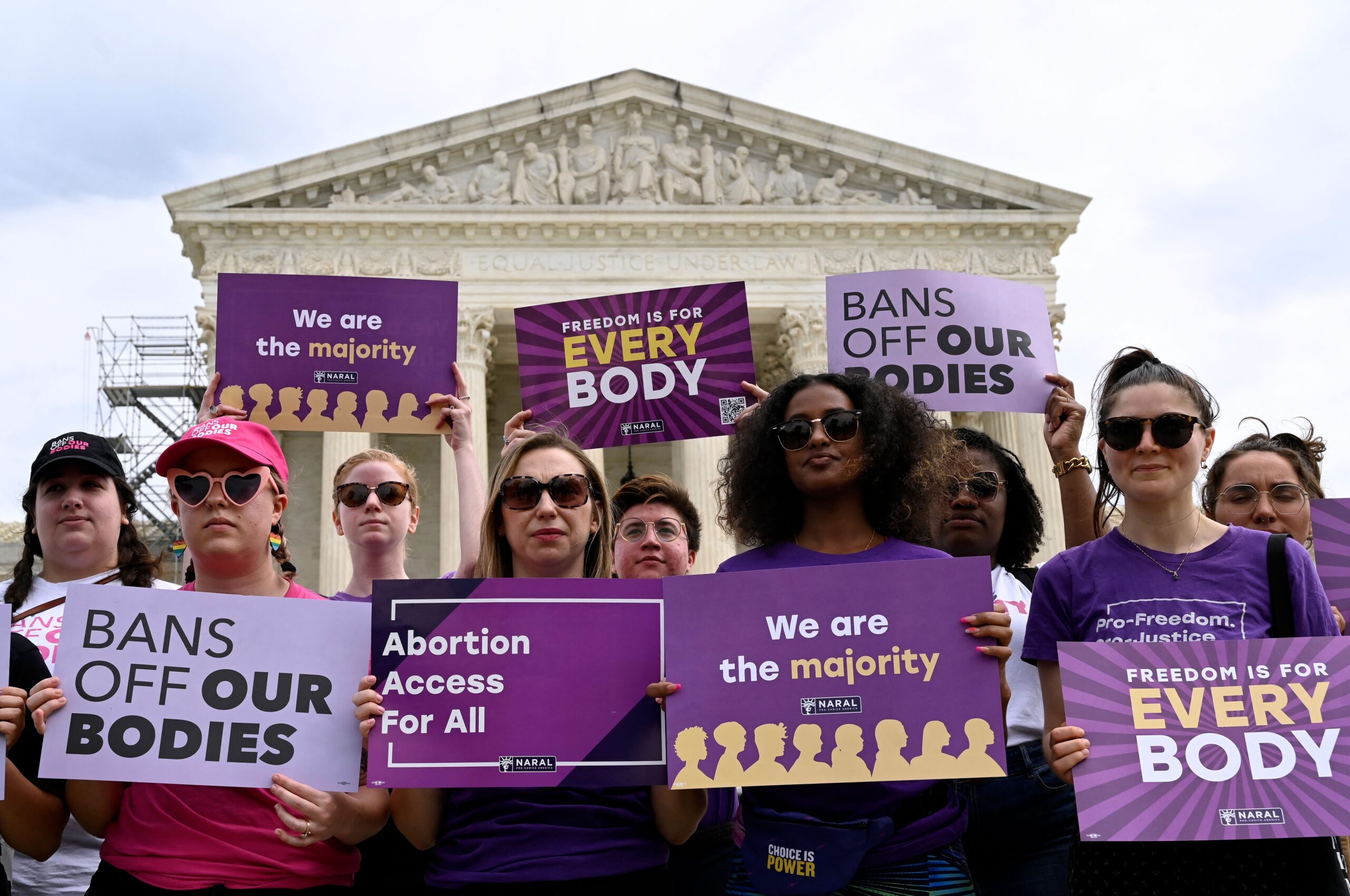The Supreme Court on Friday temporarily halted a lower court’s decision to restrict access to the abortion pill mifepristone. The decision comes amid a rapidly changing legal saga around the drug. The Supreme Court’s decision was made to give justices more time to review the case and does not signal which way the court is leaning, according to USA Today. However, the decision does delay restrictions set to go into effect Saturday.
There have been many conversations surrounding the abortion pill, mifepristone since a Texas federal judge requested that the courts impose restrictions on its distribution. If ultimately approved, the restrictions could create obstacles for many people attempting to obtain the pill. It is a change that may particularly affect many Black women.
What is Mifepristone?
Mifepristone is used for medical abortions and also serves as emergency contraception. It works by blocking progesterone, the hormone that is needed for pregnancy to continue. The effect of this drug breaks down the lining of the uterus and softens and eventually opens the cervix. Mifepristone is usually taken in combination with another medication called misoprostol to end pregnancy within the first 10 weeks.
What is at Stake?
The conversation around the pill started when Texas’s Judge Matthew J. Kacsmaryk passed down an unprecedented ruling that paused the approval of mifepristone. Previously, Kacsmaryk had stated that the Food and Drug Administration (FDA) wrongly approved mifepristone.
Abhishek Shankar, the founder of Mybabybridge, an AI-powered fertility solution, says that a lack of access to abortion pills could significantly affect Black women.
“Stigma surrounding infertility and assisted reproduction, as well as a lack of representation in fertility research, are baseline issues for Black women,” Shankar said . “At the same time, these factors also contribute to the challenges they face when accessing abortion solutions if this pill is not allowed. These challenges include delays in diagnosis and treatment for infertility, limited access to fertility clinics and specialists, and difficulties accessing insurance coverage for fertility treatments.”
According to Shankar, the potential restriction on abortion pills will infringe on women’s rights to make reproductive decisions. Because Black women also have high infant mortality rates, limiting access to abortion pills could be dangerous for them.
“In-person appointments may limit access to this pill, infringing on their right to make informed decisions,” Shankar said.
At least 14 states have completely or almost completely banned abortions, according to USA Today.
